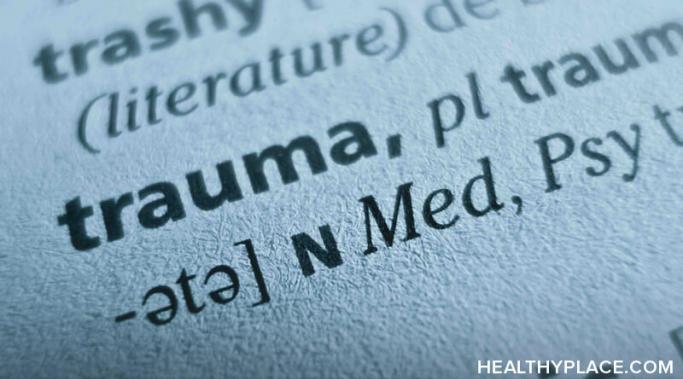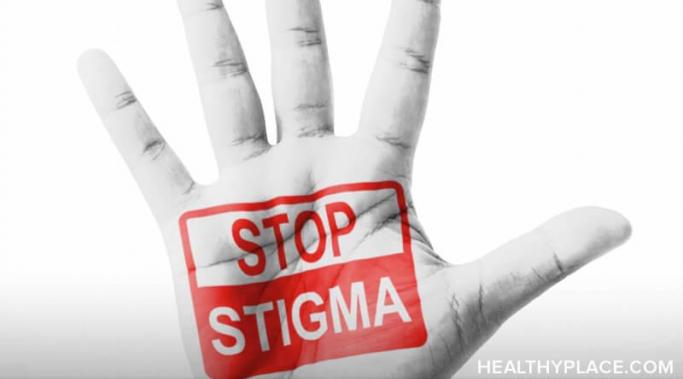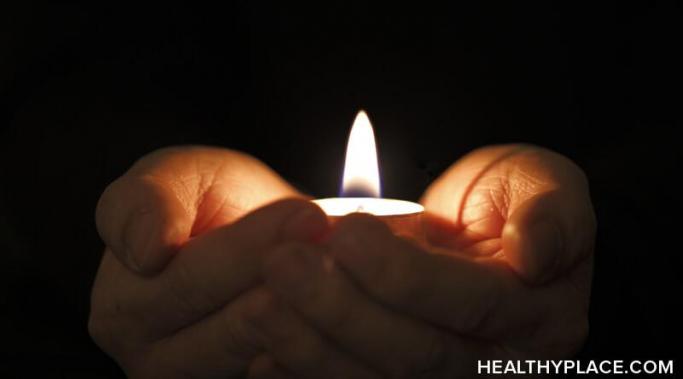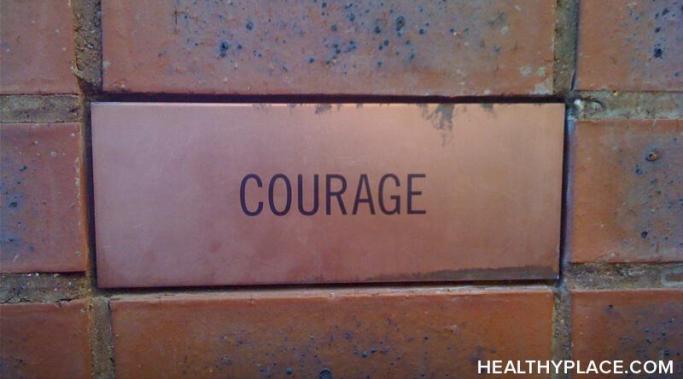First off, I want to clarify that I don't have the answer to the question, "Which came first: depression or weight gain?" This doesn't matter because depression and weight gain typically go hand in hand; weight gain can cause depression, and depression can cause weight gain. It is therefore important to manage one's weight in order to manage depression.
Depression Treatments
This will be my final post of 2020. Not only are we heading into a new year, but I am due to give birth in just over a week, and I'll be taking a few weeks after that to settle into our new routine as a family of four (and I'm using the word "routine" very loosely). So, with that in mind, I thought I would use this week's blog post to reflect on what I've learned in 2020, and more specifically, what I've learned since joining the HealthyPlace community.
t's no secret that depression zaps your motivation to do, well, anything, and can drastically lower your productivity. The constant carousel of intrusive thoughts and worries can have a paralyzing effect — making it impossible to focus on anything beyond the most basic of tasks and making you feel like a failure. Fortunately, there is something you can do to help alleviate those feelings, and it involves reassessing what you think it means to be productive (with or without depression).
Coping with depression is a daily battle. Depression recovery can take years, and there is no such thing as a "quick fix." There are, however, things you can do to bring rapid relief in times of stress, anxiety, and panic attacks. For me, that relief has come in the form of autonomous sensory meridian response (ASMR) — a strange online phenomenon that has been a source of comfort and relaxation for millions since the mid-2000s, even though most people have no idea what it is.
There are some of us with depression who have experienced trauma during our lives. This trauma may have occurred prior to or after our diagnosis of depression. For those who have been through traumatic experiences, these events can have a profound effect on their depression. Armed with this knowledge, what can those of us with depression -- and those close to people with depression -- do with this information? (Note: This post contains a trigger warning.)
I have a plan to avoid another suicide attempt that came from living with major depression. But it's taken three years since almost losing the war against depression to get it together. I'm so thankful to say that I'm still here and that my suicide attempt failed. That "failure" turned out to be one of my greatest victories. I couldn't see it then, but I certainly see it now. The following thoughts are some reflections on the past three years of my life. (Note: This post contains a trigger warning.)
If you were to ask most people what someone with depression looks like or how someone who has depression might behave, they would likely respond by saying things like, "sad," "crying," "miserable," or "gloomy." While those of us with depression feel these emotions and exhibit these behaviors at times, they certainly don't encompass all that we are. People with depression feel many things over the course of their lives, and it's time to end the stigma and remove the stereotypes associated with depression.
I've been rereading "A Christmas Carol" by Charles Dickens, and it has occurred to me that depression brings its own ghosts of the past, present, and future. Just as Ebenezer Scrooge had to confront his ghosts, so must we.
Having healthy coping skills and knowing how to practice them can play a major role in suicide prevention. When someone is struggling with depression and suicidal thoughts, the pain and confusion he/she feels is often compounded by misinformation, incorrect beliefs, and unhealthy coping skills. Yet, these are often the only things a person suffering from a mental health crisis has at his/her disposal. It's time to change this now by having educational conversations about mental health, suicide, and healthy coping skills. (Note: This post contains a trigger warning.)
The depression battle is fierce, as those of us with depression know. How can we win this battle and conquer depression? I have discovered three effective strategies that are helping me win the depression battle.









